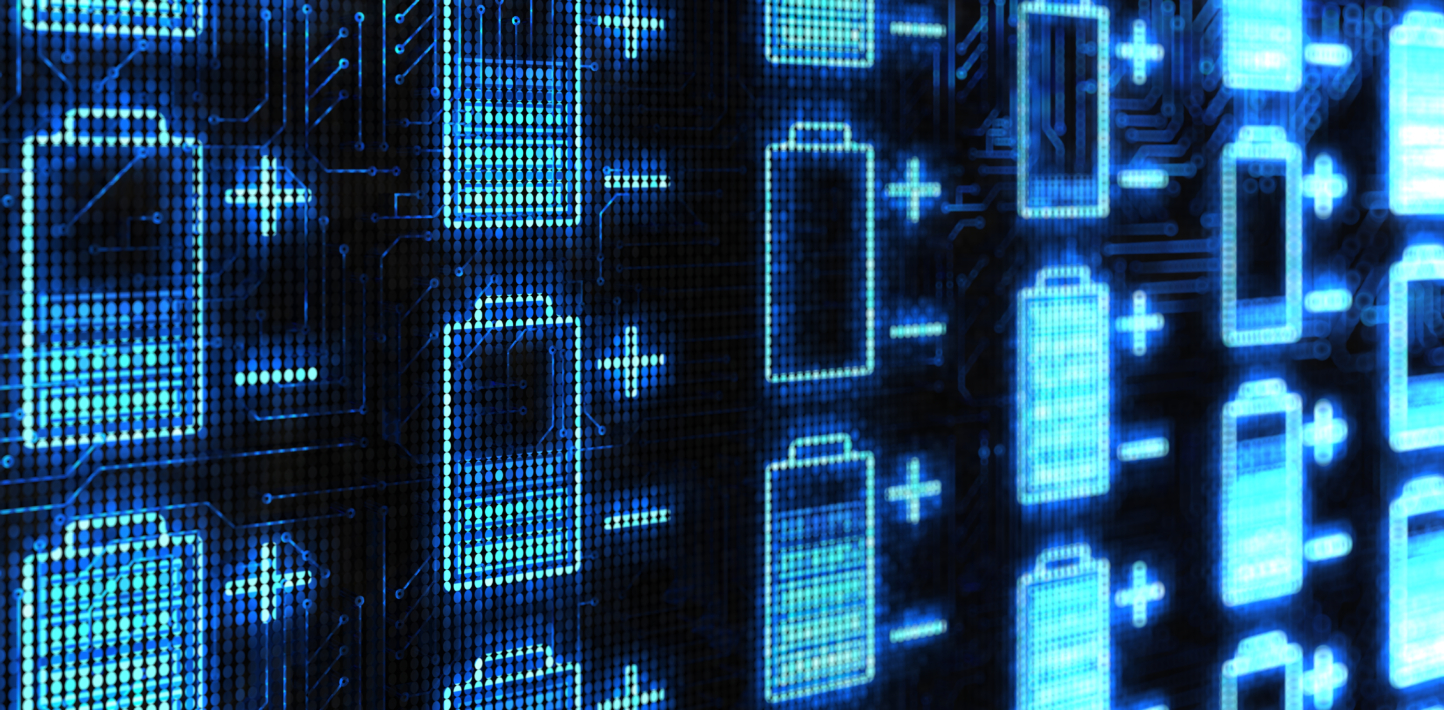Responding to the passing of a new EU law which requires companies selling batteries for electric cars and other electronic devices in the EU to comply with new rules designed to prevent human rights abuses and environmental harm in their supply chains, Mark Dummett, Head of Business and Human Rights at Amnesty International, said:
This new law sends a strong signal that the transition to renewable technologies must occur without the human rights and the environmental abuses that so often accompany the mining and supply of minerals essential to the manufacturing of batteries, including those that power electric cars
Mark Dummett, Head of Business and Human Rights at Amnesty International
“This new law sends a strong signal that the transition to renewable technologies must occur without the human rights and the environmental abuses that so often accompany the mining and supply of minerals essential to the manufacturing of batteries, including those that power electric cars.”
“But while this new EU law sets a benchmark for companies to address issues such as water pollution, forced evictions and child labour, these rules don’t apply to all raw materials that could be found in batteries. The rules also fail to fully protect victims and ensure civil liability for irresponsible corporate operations.
“The energy transition is crucial for dealing with climate change, but as more people drive electric vehicles we’re going to see a massive increase in mining for metals such as cobalt, nickel, and lithium, which have been linked to a wide range of human rights abuses, such as children as young as seven made to dig for ore in dangerous conditions.
“The new EU legislation fails to strengthen access to remedies for victims who have suffered flagrant abuse due to the negligence of companies working on the energy transition supply chain. It is absolutely crucial that those harmed, who often struggle to be heard or receive compensation for their mistreatment, have fair access to European courts.”
Background
The new EU legislation, which passed on 9 December, obliges battery producers wishing to place their products on the EU market to identify and address a range of risks to people and the environment.
The regulations also set minimum recycling requirements for raw materials found in current batteries. From 2027 battery-makers will need to recover 90% of nickel and cobalt used, rising to 95% in 2031. They would also need to recover 50% of lithium used in 2027, rising to 80% in 2031. It also requires carbon disclosure throughout the battery value chain.
By 2030, to meet expected demand, the world is likely to need at least twice as much nickel, eight times as much manganese and ten times as much cobalt and lithium than is currently produced. However, Amnesty International’s research has shown that the extraction of these raw materials often threatens human rights.


